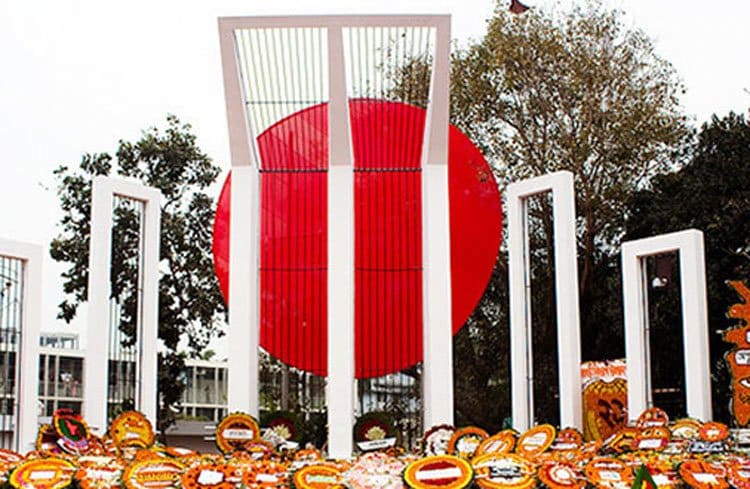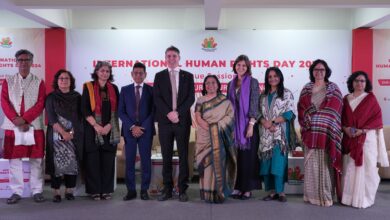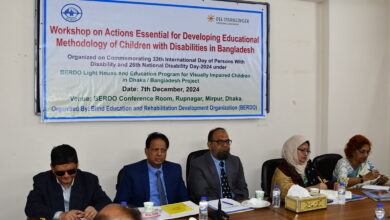Diplomats pay homage to language Martyrs

Officials of foreign ministry here and diplomats of different countries stationed here today paid their deep homage to the memories of Language martyrs saying that their sacrifices laid foundation of the right to the country’s identity and cultural distinction.
They were speaking at a discussion organized by the foreign ministry marking the Amar Ekushey and the International Mother Language Day-2022 at Foreign Service Academy in the capital, Report BSS
Foreign Secretary Masud Bin Momen said the Language Movement embodies the first rebellion against the oppression and exploitation of the Bengalis within the state system of the then Pakistan.
“The Language Movement awakened us, instilled morale and self-confidence in our minds, and reinforced our sense of nationalism,” he said.
He also paid his deepest respect to the greatest Bengali of all time, Father of the Nation Bangabandhu Sheikh Mujibur Rahman, who spearheaded the quest to establish the mother tongue Bangla as the state language.
“It was Bangabandhu who led the All-Party State Language Action Committee formed in 1948, and it was Bangabandhu who led us through all epochal movements in our nation-building history that culminated in the emergence of Bangladesh as an independent country in 1971,” he said.
Masud recalled with profound gratitude all the language activists including the then Member of the Constituent Assembly Dhirendranath Dutta and paid deep homage for the language martyrs of 21st February 1952, including Salam, Rafiq, Jabbar, Barkat, Shafiur.
In 1999, he said the 21st February was recognized by the International Community through the UNESCO as the International Mother Language Day.
“For this achievement, I pay my deepest gratitude to the Honorable Prime Minister Sheikh Hasina whose directives and leadership made it possible,” he added.
The messages of foreign minister Dr AK Abdul Momen and state minister for foreign affairs were read out on the occasion as both of them are now abroad on official visits.
Diplomats of different countries stationed here expressed their homage to the memories of the language movement martyrs in their own mother tongue.





